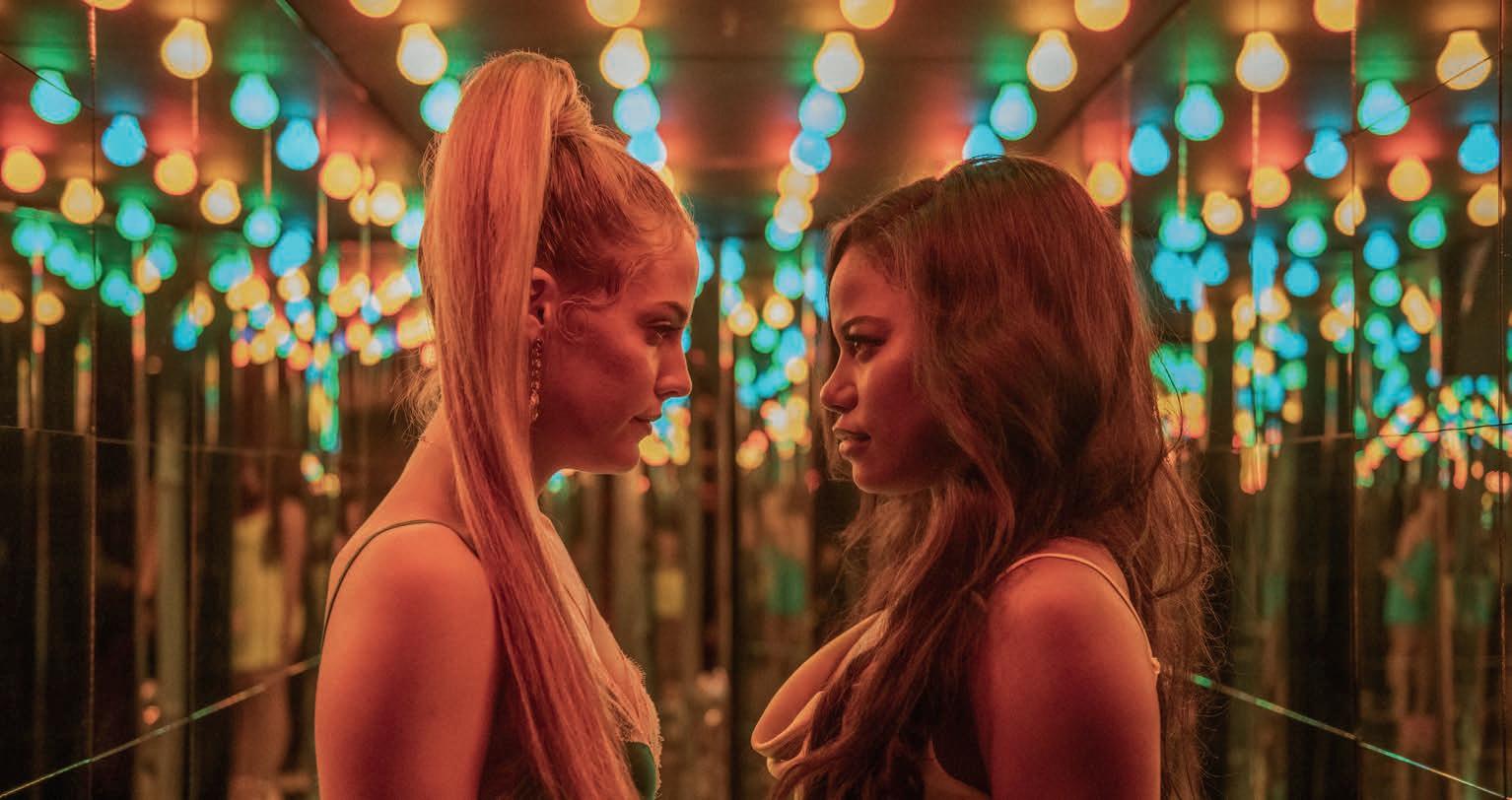
3 minute read
IN THE ROOM WITH
Spotlighting the people and projects you need to know
In the Room With
Meredith Tucker
The CD behind contemporary hits like “The White Lotus” is also adept at period pieces like “Godfather of Harlem”
By Elyse Roth
WHEN SHE’S NOT CASTING HAWAIIAN LOCALS ON “THE WHITE
Lotus,” Meredith Tucker runs the gamut of casting New York productions. From prestige period series to contemporary Netflix films, she’s pretty much done it all. Her latest project, Epix’s “Godfather of Harlem” (she took over casting duties from Victoria Thomas), is a mix of genres. It’s a period piece set in the 1960s, it’s a mob story, and it’s about real-life historical figure Ellsworth “Bumpy” Johnson. All of these factors presented an interesting casting challenge.
How does a project’s period
factor into casting? There are some people who feel contemporary and just don’t fit in. As great an actor as they might be, it doesn’t work. And then there are some actors who just have such a nice, old-fashioned feel that they slide into the period stuff and even seem a little odd in contemporary stuff. On “Boardwalk Empire,” [which was set in the 1920s, we were looking for women who] were a little heavier and they hadn’t done a lot of stuff to their face. We always encourage people not to go full-out when they come in to audition or when self-taping, in terms of costuming themselves. But a little bit of a hint of a period costume really helps.
How has your process changed now that casting is mostly
done remotely? People are primarily self-taping. Under normal circumstances, [in person], you can say, “Hey, can you do it again? Just make this little adjustment.” Now it’s like, “Do they mind retaping?” It’s more of a process. There are positives and negatives to both of them. I’ve always liked reading the actors and giving a direction; that was my favorite part. I think a lot of the actors prefer to be in the room with the casting people, from what I hear. But I think some people probably prefer to do seven takes and send the three they like best.
What makes casting “Godfather of Harlem” differ-
ent for you? I think the weight of the historical stuff is much more important. You have the Kennedy assassination. Next season, we’ll have the Malcolm X assassination. That is very weighty, important stuff, historically. I was a history major in college, so having to do historical research about what was going on—I love it. These are very significant characters. The mob stuff has been explored before. I think this is a very interesting way to take a bisection of this—the criminal, the political, the cultural. It’s the beginning of what turned into a very explosive time.
What advice would you give
actors working today? A lot of people obviously hadn’t worked for months this time last year. If you normally wouldn’t do a one-line part, hey, it might be worth doing just to get your toe back in the water. If you don’t connect to the role, obviously don’t do it; but it might be a time just to get the juices flowing again, so to speak, and to take work that you might not want to [do]. I hope people don’t lose the DIY aspect of some of the stuff that’s come out during this time, because some of it has been really tremendously good. I think doing it in person is going to be better, but I think people who’ve been developing stuff on their own—they shouldn’t lose that just because we’re out in the world again.
Want more?
Read the full interview at backstage.com/magazine






